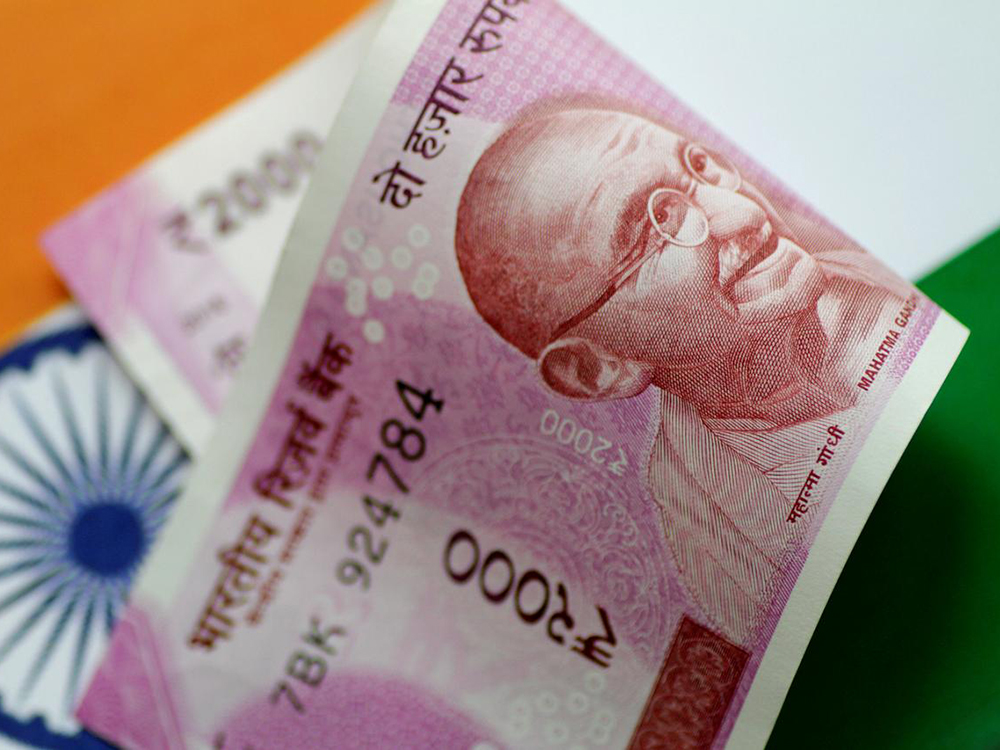
Recovery of Money through a Money Recovery Suit in Indore
Step-by-Step Guide to Recovery of Money through a Money Recovery Suit in Indore
- Assess the Amount Owed: Determine the exact amount of money owed to you by the debtor. Gather all relevant supporting documents, such as invoices, contracts, or loan agreements.
- Seek Legal Advice: Consult with a lawyer who specializes in civil litigation or debt recovery to discuss the viability of your case and understand your legal rights and options.
- Pre-Litigation Measures: Prior to filing a money recovery suit, consider sending a legal notice to the debtor, demanding payment within a specified timeframe. This notice serves as a formal communication and may encourage the debtor to settle the matter amicably.
- Choose the Appropriate Court: Identify the court that has jurisdiction over your case. In Indore, the district court usually handles money recovery suits.
- Engage an Advocate: Hire an experienced advocate who can represent you in court. They will guide you through the legal process and help prepare the necessary legal documents.
- Draft the Plaint: Work with your advocate to draft a plaint, which is a formal written statement outlining the details of your claim. It should include information about the parties involved, a clear statement of facts, the relief sought, and the amount claimed.
- Attach Supporting Documents: Gather all relevant supporting documents and attach them to the plaint. These may include invoices, contracts, or any other evidence that substantiates your claim for money recovery.
- Pay Court Fees: Calculate the appropriate court fees based on the value of your claim and pay the fees at the court’s designated counter. Obtain a receipt as proof of payment.
- File the Plaint: Submit the plaint, along with the supporting documents and the court fee receipt, at the court’s filing counter. Keep copies of all the filed documents for your records.
- Service of Summons: The court will issue summons to the defendant, notifying them of the lawsuit and the date of the first hearing. Ensure that the summons and copies of the plaint are served to the defendant in accordance with the court’s instructions.
- Pleadings and Defense: The defendant will have the opportunity to file a written statement in response to your plaint. They may present their defense and provide any supporting documents or evidence.
- Hearings and Arguments: Attend all scheduled hearings as directed by the court. Your advocate will present your case before the judge, presenting arguments and supporting evidence to establish your claim for money recovery.
- Witnesses and Evidence: If necessary, you and the defendant may present witnesses and additional evidence to substantiate your respective claims. Work closely with your advocate to prepare and present your case effectively.
- Settlement Discussions: During the course of the trial, there may be opportunities for settlement discussions with the defendant. Consider these options carefully and consult with your advocate before making any decisions.
- Documentary Evidence: Submit all relevant documentary evidence as per the court’s directions. Ensure that the documents are properly marked and authenticated.
- Examination and Cross-Examination of Witnesses: The court may allow for the examination and cross-examination of witnesses to establish the facts of the case. Work with your advocate to prepare and present your witnesses effectively.
- Final Arguments: Present your final arguments before the court, summarizing your case and emphasizing the legal and factual reasons why you are entitled to the money owed.
- Judgment and Decree: After considering all the evidence and arguments presented, the court will deliver its judgment. If the court rules in your favor, a decree will be issued for the recovery of the money owed.
- Enforcement of Decree: If the debtor fails to comply with the court’s decree, you can initiate enforcement proceedings to recover the money. Consult with your advocate to determine the appropriate enforcement measures, such as property attachment, garnishment, or execution proceedings.
- Closure of the Case: Once the money owed has been fully recovered or the case has reached its conclusion, obtain a final closure order or satisfaction certificate from the court, confirming the resolution of the money recovery suit.
Please note that this guide provides a general overview of the steps involved in filing a money recovery suit in Indore and is not a substitute for professional legal advice. It is recommended to consult with a qualified legal professional or a Civil Lawyer in Indore to understand the specific requirements and procedures applicable to your case.
